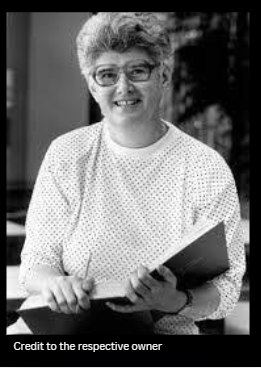Margaret W. Rossiter didn’t just study history—she reshaped it.
In 1993, she named a truth that had been hidden in plain sight for centuries: the Matilda Effect—the systematic erasure of women’s achievements in science. She named it after suffragist and abolitionist Matilda Joslyn Gage, who had raised the alarm more than a hundred years before.
Rossiter spent decades digging through archives, letters, and forgotten publications, uncovering stories of women who worked without pay, without recognition, and sometimes without even the right to claim their own discoveries. Her three-volume work, Women Scientists in America, is more than just scholarship—it’s an act of restoration.
Every biography she uncovered was a quiet revolution, putting women back at the heart of the scientific story where they always belonged. She showed that their exclusion wasn’t due to personal failings but stemmed from systemic barriers built into the very structure of science.
Her research inspired programs and policies to guarantee that today’s women in STEM receive proper credit, publication, and remembrance. Honors such as the Sarton Medal, a MacArthur Fellowship, and a Guggenheim Fellowship recognized her work, but perhaps the most fitting tribute is the Rossiter History of Women in Science Prize—awarded to those advancing her mission.
Through her efforts, Margaret Rossiter didn’t jus
